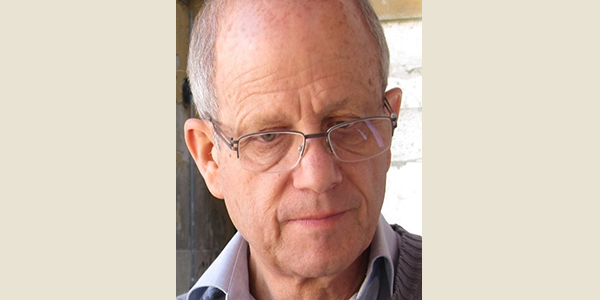Allan S. Hoffman Endowed Lecture
Presents
Daniel Cohn, Ph.D.
Professor, Institute of Chemistry, The Hebrew University of Jerusalem, Israel
“4D printing: From the ‘ink’ to the medical device”
Thursday, October 27th, 2022
1:00-2:00 PM
Foege Auditorium (GNOM S060)
Professor Daniel Cohn received his Ph.D. in Applied Chemistry from the Hebrew University of Jerusalem in 1981. After a postdoctoral period at the University of Washington, he joined the faculty of the Hebrew University in 1983. His research interests focus on the design, synthesis and analysis of implantable polymeric biomaterials and the engineering of medical devices, with special emphasis on biodegradable polymers, 3D printed medical systems, shape memory-displaying polymers, in situ generated implants and “smart” medical devices. He received the Kaye Innovation Award in 2008. Prof. Cohn served as the Director of the Casali Center of Applied Chemistry and as the Head of the School of Chemistry of the Hebrew University of Jerusalem. He has been a key player in various start-up companies established using technologies developed in his lab. Two products based on biodegradable polymers developed in his lab have been approved for clinical use by the FDA and other leading regulatory agencies.
Abstract: The remarkable progress made in the 3D printing field in recent years has made it possible to engineer a myriad of new objects in a diversity of areas, including the medical devices arena. However, only a new generation of 3D printed constructs, combining pioneering concepts and novel tailor-made materials will permit further progress. As derived from this conceptual framework and contrary to most of the 3D structures printed to date, which are static in nature, our work aims at engineering 3D printed responsive architectures. After briefly reviewing this rapidly expanding field, this lecture will focus on the tailoring of functional printable molecules (“inks”) that perform as the basic building blocks of the architectures printed. The “inks” to be introduced differ in their composition, mechanical properties and functionality, allowing the optimal design of personalized, multi-functional 3D printed medical devices.
For more information, contact Ms. Shirley Nollette at nolletts@uw.edu.


